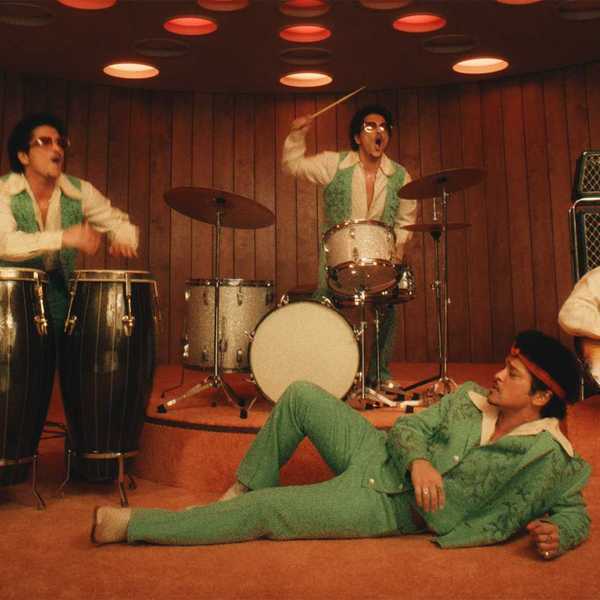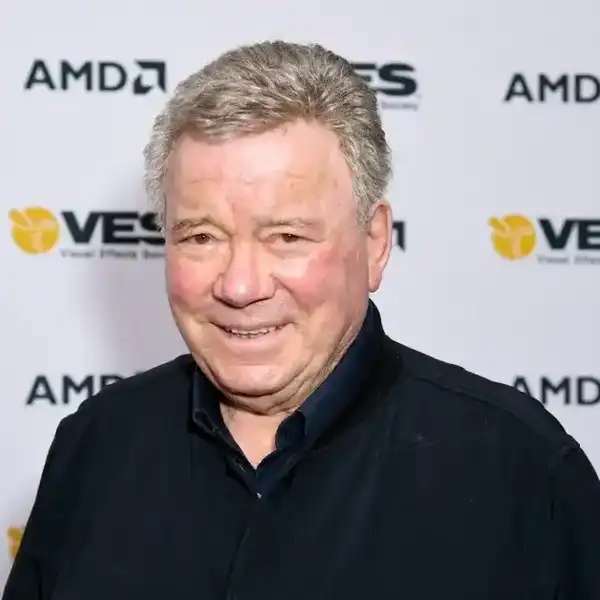Green Book – Do I Hear An Oscar Or Three?
At the recently concluded Toronto International Film Festival, this compelling film won the coveted People's Choice Award. Winners often go on to Academy Award glory, and Bill King considers this one Oscar-worthy.

By Bill King
I attend movies to feel something. Fear, excitement, pain, relief, retribution, joy, salvation, redemption, contempt, sorrow, grief, time travel, beauty, love, kindness; a peep-hole into another’s life or just full-on entertainment.
I was recently rewarded in spades at the Toronto International Film Festival with four films I consider Oscar-worthy:
The documentary Quincy, the life and times of famed composer/musician Quincy Jones;
director Steve McQueen’s Widows – a crime thriller starring Viola Davis and Liam Neeson;
If Beale Street Could Talk, drawn from a James Baldwin novel from the early seventies about racial prejudice and incarceration and directed by last year’s winner for Best Picture, Moonlight, Barry Jenkins;
and one grand film that will stick with me for years to come, Green Book (The Negro Motorist Green Book). The title of this last one refers to a manual designed for Black Americans as a means to help them safely navigate the segregated south and locate hotels and restaurants favourable to them.
Currently caught between racist immigration policies and the ‘dog whistle’ politics of the Trump administration and global right-wing factions which are gaining traction, Green Book will play well with audiences on the frontline of this enormous demographic shift. I jumped on this film early on as I was already familiar with pianist and scholar, Don Shirley, upon whose life the film was based.
Early sixties, we used to receive those Columbia Record Club freebies. Much of my parent’s record collection was built around those promotional copies which arrived unannounced. Then came a bill and another freebie. I’d play, then stuff back of the record rack. Not my taste in music. Then one day pianist Don Shirley’s Orpheus in the Underworld arrives. This was a strange mix of jazz and classical, spirituals with other elements I had yet to grasp and process. Oddly, the recording was on the Cadence label, not at all attached to the record club previews.
I developed a light passion for Shirley’s music. The playing was exquisite, and Shirley’s style played to my love affair with both classical and jazz. I then played it for my jazz-immersed friends who took offence to Shirley’s delicate and at times rhapsodic overreach; dissing the flowery passages and Shirley’s lack of bebop skills. Hey, we were kids! It was Miles, Herbie, Blakey and Monk.
Shirley was born in Kingston, Jamaica on January 29, 1927, and began playing the piano at age 2 1/2 and in public by age 3. At nine, Shirley studied theory with Mittolovski at the Leningrad Conservatory and, later, organ and advanced composition at the Catholic University of America in Washington D.C. Shirley was 18 when he made his debut with the Boston Pops Orchestra in 1945 playing Tchaikovsky B-flat minor concerto. He would appear as soloist with the Detroit, Chicago, Cleveland, NBC and National Symphony Orchestras playing as many as 95 concerts a year with his trio and orchestras.
Education was of great concern with Shirley, earning a Doctorate of Music, Doctorate of Psychology (University of Chicago, Phi Beta Kappa) and Doctorate in Liturgical Arts and fluency in eight languages. Shirley would soon abandon music and practice psychology.
Shirley eventually swung back into action with his quasi-piano jazz trio recording 16 albums for Cadence Records, three symphonies, three string quartets, a one-act opera, and works for piano and organ. Then the concert tour of the south in 1962 on which Green Book is based.
The comedy-drama, based on a true story, delivers on so many levels. It’s an antipathetic ‘buddy-movie’, one built around a real-life tour of the Deep South pitting Shirley with New York club bouncer, now his hired driver Tony Lip. The screenplay is written by Lip’s son, Nick Vallelonga, and directed by Peter Farrelly of Dumb and Dumber and There’s Something About Mary fame.
The Deep South of the early sixties was still a place fraught with danger, unpredictable law enforcement, and consequences for both black and whites who crossed the racial divide. Why Shirley made this eight-week journey is still a mystery. Pay was far less than he was drawing from elite east coast society mavens and between travel conditions, accommodations and acceptance, this had to be a ‘walk on the wrong side’ for reasons only Shirley understood. Perhaps a not so clinical study of the human condition?
The casting of Mahershala Ali and Viggo Mortensen as Shirley and driver Tony Lip, is spot on. The two had met a year prior at an awards function when both were nominated – Mortensen for an Academy Award for Best Actor; Captain America and Ali, winner of Best Performance by an Actor in a Supporting Role, for Moonlight. They spoke kindly of each other’s achievements and the desire to one day work together. Mortensen was cast first for Green Book, and Farrelly lucked out with Ali, who was finishing up the third season of True Detective.
Mortensen could have walked right out of the Goodfellas for this role. Lip displays all the mannerisms of a 60s’ mob enforcer and the rough edges of a New York Italian-American male; affable, opinionated, family first, fluent in neighbourhood slang, and quick-tempered. Ali plays aristocrat Shirley, measured, with proper manners and under control.
You get a clue to Shirley’s inner life - the opulence and trappings during Lip’s job interview. African art, a decor resplendent in grandiose finery and a king’s throne of which Shirley communicates from. Shirley lived in an apartment above Carnegie Hall. These were built by Andrew Carnegie in 1891 to accommodate musicians, artists, dancers and actors – 100 studio spaces with skylights. Stunning!
The two head south in a decadent turquoise Cadillac and, from the downbeat, clash. Shirley; sophisticated, reserved and focused, up against chain-smoking, greasy-food-eating, no manners Lip. Thus, begins a journey that will bring two men whose lives are at odds with one another into each other’s complex worlds. It’s all about language – the prose of Shirley and the guttural humour and at times thoughtless responses from Lip and then compromise. The script comes with language that could be heard on any street corner of Brooklyn in the '60s or sophisticated gathering of New York’s elite class.
By day the cultivated aristocratic Shirley and streetwise Lip inhabited different worlds and would only crisscross at night through the upscale Manhattan club scene. Once on the road, the uncommon ground is surveyed and at times conquered. In many ways, they become point men who soon realize they are fighting the same enemy that still plagues America today since the first slaves were unloaded in Virginia in 1619 - racism."
Of note! Mahershala Ali gives the most impressive and convincing piano hand-work ever seen on film duplicating Shirley’s playing. The fingers align in all the right places and move along symmetrically almost note for note. It’s mindboggling!
Shirley and Lip remained true friends right up to their deaths in 2013.
Green Book is set for Nov.21 release.
Produced by: Jim Burke, Charles B. Wessler and Farrelly along with Farrelly’s fellow writers, Nick Vallelonga and Brian Currie. Executive producer: Octavia Spencer, Participant's Jeff Skoll and Jonathan King, along with Cinetic Media’s John Sloss and Steve Farneth, as well as Kwame Parker. Linda Cardellini co-stars.
















